Table of Contents
Ever wondered, ”How long do panic attacks last?” or ”Is there any difference between panic attacks and anxiety attacks?” Whether you’re certain of the answers or not, this article aims to provide a deeper understanding of the two.
So let’s learn these differences and see how we can handle them step-by-step.
Key different signs between panic vs. anxiety attack
According to The Diagnostic and Statistical Manual of Mental Disorders (DSM-5), panic attacks are sudden surges of intense fear peaking within minutes, happening frequently per day or infrequently per year. They can also occur without warning (1).
As for anxiety attacks, the DSM-5 doesn’t precisely define them, as this is not a clinical term, but moreover describes heightened anticipatory anxiety that often precedes a panic attack. Anxiety attacks can also result from an overwhelm by stress. The DSM-5 characterizes anxiety disorder as a chronic condition of excessive worry on most days for 6 months about events or activities, and it should not be attributed to another mental disorder (2).
However, not only the duration, onset, and frequency mentioned above are different, but also their symptoms and triggers. Below, we will detail each of these differences.
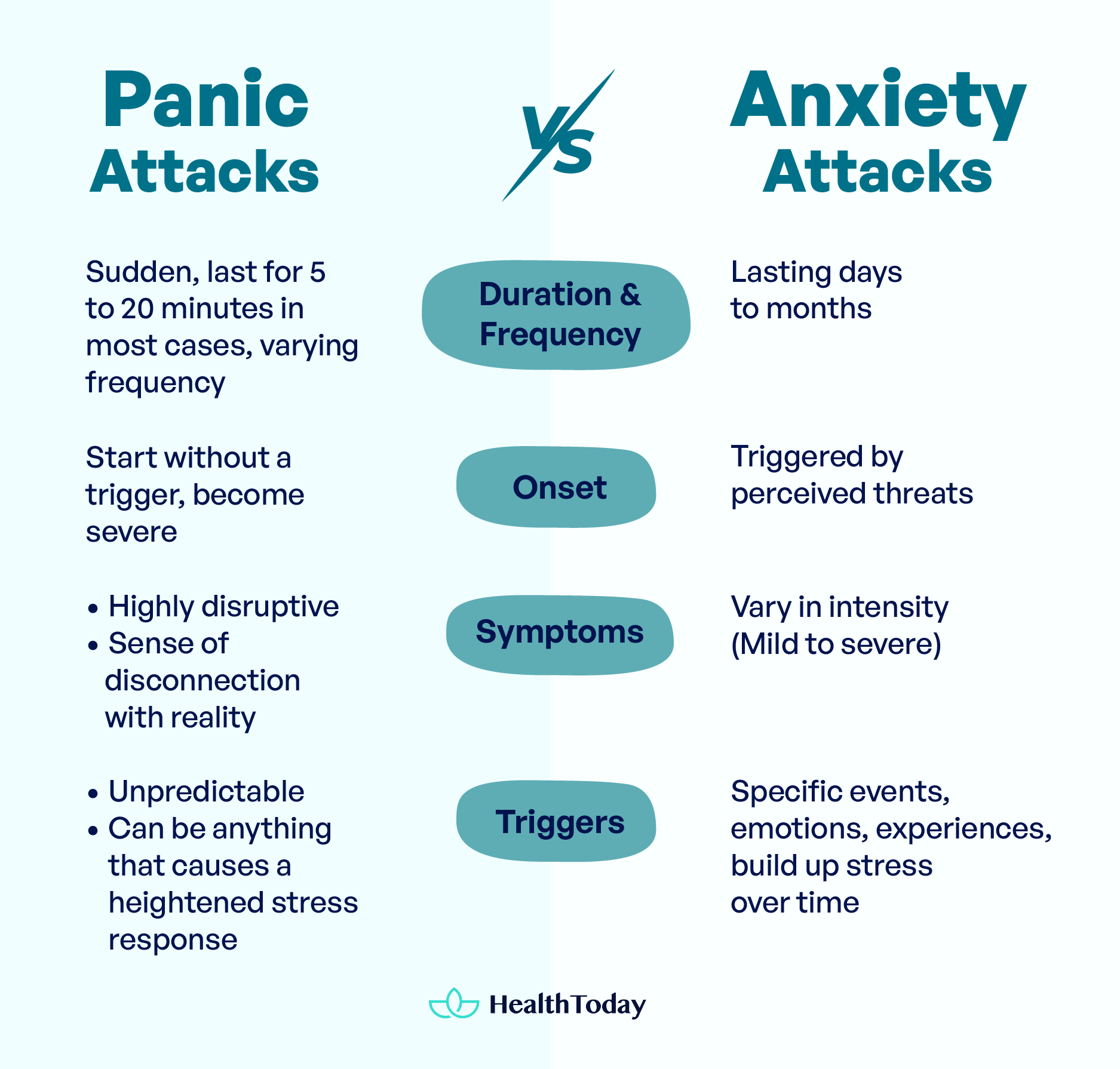
Duration and frequency
Panic attacks can vary in frequency, occurring several times a day or as infrequently as a few times a year, depending on the individual’s condition. In most cases, panic attacks will last for 5 to 20 minutes, but they can persist for hours at times (3).
Panic attacks occur when the individual begins to panic about the heightened anxiety, which may be triggered by an event, response to their environment, or heightened physiological arousal such as an increase in heart rate, nausea, or abdominal distress.
Physiological distress can become magnified along with psychological or emotional distress. For instance, the individual may begin to panic about the initiation of the familiar physiological cascade (significant stress response) occurring in their body (such as heightened sensations), while also worrying about being judged negatively by others, going “crazy”, losing control or worrying about a life-threatening physical illness.
The duration of anxiety attacks lacks a consensus, as this is more of a general term describing increased anxiety. Anxiety attacks involve experiencing heightened feelings of anxiety or distress which can persist for days, weeks, or even months (4). Both panic and anxiety attacks elicit the body’s fight-or-flight response. However, panic attacks have been suggested to further induce the stress response and cause more physiological and psychological distress, including altered levels of consciousness.
Onset
Onset is a commonly used medical term referring to the beginning of a certain condition. And the onset of panic attacks and anxiety attacks may be the most distinct feature.
Anxiety attacks usually happen when one feels threatened. As for panic attacks, they can arise without an apparent trigger and appear more severe. However, a 2011 study identified indicators, including significant heart rate changes, that might be the precursors for panic attacks (5). While panic attacks are described to be more severe than anxiety attacks, both induce a stress response in the body.
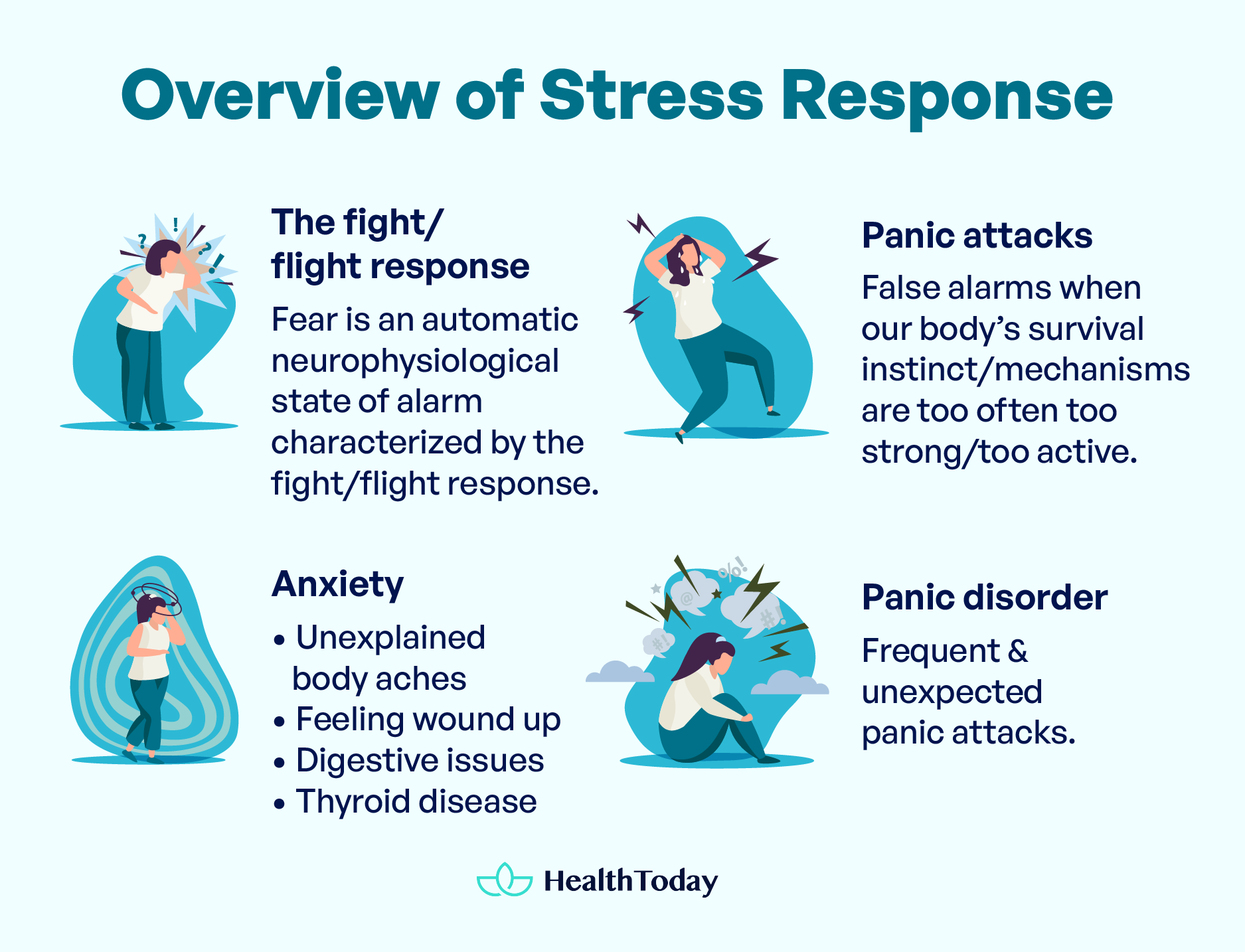
Symptoms
Panic attacks and anxiety attacks can be challenging to distinguish because they share many symptoms. Both can make you feel dizzy, increase your heart rate, and make it hard to catch your breath. Both involve a heightened fear (fight/flight/freeze) response (6, 7).
However, there are also some significant differences. Anxiety attacks can vary in intensity from mild to intense, but they’re typically not as severe as panic attacks. Panic attacks can be highly disruptive and cause a sense of disconnection from reality.
Triggers
Trigger is another characteristic that makes them different. Generally, triggers for anxiety attacks occur when there is an overwhelming feeling of threat or an inaccurate prediction of danger (8).
However, the trigger for anxiety attacks can be related to various factors, including specific events, emotions, experiences, or even dietary choices. Triggers for Anxiety Attacks can further include a build-up of stress over time, such as suppressed or heightened emotions, inadequate nutrition, and other lifestyle factors— including poor sleep, not enough movement, or even social connection.
There is no consensus on triggers for panic attacks. Some say it’s unpredictable because it can occur without warning, while others say it arises when one encounters a feared object or situation (9).
It appears that triggers for panic attacks can be anything that causes a heightened stress response, as the amygdala- or the alarm center of the brain- cannot differentiate time. For instance, someone may experience a panic attack after encountering a situation in which they felt similar to a time in their childhood when they did not feel safe. The amygdala can’t tell the difference in time and communicates the physiology of this threat or stressor, and the rest of the body becomes panicked.
Panic attacks are sudden and intense fears happening at various times. Anxiety attacks, on the other hand, are marked by excessive worry over time.
To distinguish them, look at the differences in duration, frequency, symptoms, and triggers. The most notable distinctions are their initial appearance and triggers.
How long can a panic attack last? Hours or days?
Understanding panic attack duration is important for people with panic disorders because it affects their daily lives. In this discussion, we’ll explore the typical duration of panic attacks and the factors that influence them, aiming to help those trying to manage and overcome these challenges.
A panic attack lasting hours?
Typically, panic attacks last 5 to 20 minutes. But people suffering from panic attacks can feel much longer in those moments because the symptoms can make one feel like dying and could not breathe (10).
Some individuals have reported experiencing panic attacks that feel like they last for hours. It may be because panic attacks are recurrent episodes followed by ongoing fear of having more attacks, creating a prolonged sense of anxiety and distress. (11)
Panic attack lasting days
If it feels like your panic attacks go on for a whole day, it’s more likely to be ongoing high anxiety rather than just one panic attack. This prolonged intense anxiety can stick around for days. This is often referred to as residual anxiety. Sometimes, panic attacks can happen one after another, and how many you have depends on how severe your condition is (12). But remember, each wave is a separate attack, and some symptoms might not go away completely.
Typically, panic attacks last for 5 to 20 minutes. However, some people may report experiencing longer episodes, which is often due to the recurrence of attacks and ongoing fear.
The frequency of attacks varies with condition severity, but each wave is a separate attack, and some symptoms may persist.
How long do anxiety attacks last?
Worrying about something is normal, but when excessive worry leads to anxiety, it can result in an anxiety attack. The duration of an anxiety attack varies widely, ranging from several minutes to weeks.
Can anxiety attacks last for hours?
There is no fixed timeframe for an anxiety attack. Typically, anxiety attacks reach their peak within 30 minutes, with the most severe symptoms occurring around the midpoint (13).
Anxiety attacks can be triggered by factors that accumulate over hours or days. Identifying these factors is important for effective prevention and treatment.
Anxiety attack lasting days – Is it possible?
Anxiety can persist for days, but a true anxiety “attack” is relatively brief, lasting about half an hour. Usually, it’s the lingering anxious feelings that endure.
When accumulated anxiety reaches extreme levels, it can lead to an attack, potentially spanning several days for those experiencing intense anxiety frequently.
Anxiety attacks usually peak in 30 minutes, but the duration varies. Identifying triggers building up over hours or days is key to preventing and treating them.
While anxious feelings can last days, the anxiety attacks are relatively shorter. Yet, extreme, prolonged anxiety can lead to multi-day attacks in some cases.
Symptoms of panic attacks vs. anxiety attack
Panic and anxiety attacks share similar emotional and physical symptoms, making them easy to confuse. You can even experience both at the same time, for panic is actually the most severe form of anxiety. (14)
Some shared symptoms include fear, rapid heart rate (though panic attacks are more intense than anxiety attacks), and chest pain. Panic attacks often involve a stronger sense of detachment and more difficulty in breathing. (15, 16)
Symptoms after a panic attack
Some experts believe that panic attacks trigger the fight-or-flight response. When our body enters the fight-or-flight mode, the adrenaline levels will surge in response to stressful and dangerous situations (17).
As a result, after a panic attack, the adrenaline levels return to their usual range. This may lead to fatigue and exhaustion, or one might feel drowsy with muscle soreness.
How do you feel after an anxiety attack?
The aftermath of an anxiety attack can bring on fatigue, recurring anxiety, disrupted sleep, restlessness, headaches, altered appetite, muscle tension, difficulty concentrating, and feeling mentally exhausted. Identifying the exact cause can be challenging, which may result in a slower and more difficult recovery process. These symptoms can be intense, prolonged, and challenging to manage (18).
Panic and anxiety attacks have some slight differences, with the former experiencing a more intense heartbeat, losing control of breathing, and feeling detached.
After a panic attack, you might feel tired and sore as your adrenaline levels go back to normal. After the anxiety attacks, you could also feel tired but would have trouble sleeping, have headaches, and find it tough to concentrate.
Recovering from a panic attack and anxiety attack
Recovering from a panic attack and anxiety attack can be a tough process of overcoming some terrible experiences. There are helpful ways to regain control of yourself, aiming to give you some tips to handle the attacks better.
What to do after panic attacks and anxiety attacks
The Importance of Taking Care of Yourself: Body & Mind
- Find a safe place: To rest after experiencing a panic attack, and if possible, consider taking a short nap to refresh yourself. It may be helpful to allow yourself to have a good cry as well. Crying not only promotes Parasympathetic Nervous System dominance, helping our body to shift to rest, relax, and restore mode but it has also been suggested to support the completion of the stress response.
- Good sleep: Ensure you’re also obtaining at least 7-9 hours of sleep a night. Sleep is essential for modulating anxiety and stress. It may also be helpful to get sunlight within the first half an hour of waking up to support mood and circadian rhythm— all of which can positively impact quality sleep essential to restoring the body and mind (19). Sufficient hydration is also imperative for regulating anxiety as well as aiding in various biological processes (20).
- Physical activity: Incorporate them into your routine, as it helps in releasing endorphins, reducing stress, and enhancing mood (21). What’s more, is that regular exercise also has favorable effects on gut microbiome health and modulating levels of inflammation— all of which have an impact on anxiety.
- Follow a nutrient-dense diet: Eating whole foods. Nutrition is vital for brain health, as well as for that of the nervous system. Incorporating whole foods such as colorful fruits and leafy diverse vegetables, lean quality proteins, and healthy fats (such as salmon), coupled with nuts and seeds, are great ways of addressing anxiety from a whole body perspective. This way of eating also encompasses a number of nutrients that play a role in anxiety and support gut health. Nutrition regulates anxiety by synthesis of key neurotransmitters important for mood, such as GABA, Serotonin, and Dopamine, influencing the microbiome and modulating inflammation. B vitamins, plant compounds, antioxidants, proteins, and omega-3s have all been influential in anxiety (22, 23).
- Microbiome health: is important as various neurotransmitters, hormones, and vitamins important for mood are produced in the gut. Over 90% of Serotonin is synthesized in the gut, as well as GABA and Dopamine— all of which have an impact on anxiety. Adding in sources of prebiotics and probiotics is recommended as these support gut health. The microbiome also affects the absorption of our nutrients as well as appropriate means of detoxification. It influences our hormones, metabolic health, nervous system functioning, and levels of inflammation in the body, all of which contribute to our mental health (24).
- Explore relaxation methods: such as yoga, grounding/earthing, meditation, and deep breathing exercises. These may help you relieve both mental and physical tension (25). Yoga may be particularly helpful for releasing stored emotions or tension in the body. Yoga also encompasses the vagus nerve and improves vagal tone over time which can have modulating and positive effects on the nervous system. Earthing or walking barefoot on the earth can also support mood while helping to ground us. Over time, meditation can induce favorable effects in the brain as it promotes neuroplasticity and can have encouraging implications for anxiety (26).
- Biofeedback: May also be a valuable support as this assesses nervous system functioning in real-time, providing insight into panic attacks, so one can be equipped to handle them while gaining knowledge on the range of triggers. Heart Rate variability (HRV) is a popular form of biofeedback that may be especially helpful to see how the impact of our breath has in calming our body, mind, and heart down.
You can also seek assistance:
- Reach out to a trusted individual, whether a friend, family member, or therapist. Find someone who can provide emotional support during and after a panic attack.
- If panic attacks happen frequently and disrupt your daily life, consider seeking professional help. They may offer therapeutic approaches like Cognitive Behavioral Therapy (CBT), Eye Movement Desensitization and Reprocessing (EMDR), Exposure Therapy or Distress Tolerance Skill Building, Mindfulness, or recommend medication if necessary.
It is also suggested to make the following efforts:
- Change your surroundings. If you ever have a panic attack in a busy place, try to find a quiet spot to calm down.
- Identify other triggers for your symptoms. Pay attention to things that might make your panic attacks happen and try to stay away from them until you feel equipped to handle them. This may come after working with a trusted therapist.
Recovery from panic and anxiety attacks includes:
- Self-Care: Rest, Movement, Nourishment, Hydration & Allowing Yourself to Feel Your Emotions.
- Seek Support: Reach out to trusted individuals or professionals.
- Adjust Environment: Find calm and safe spaces.
- Identify & Address Triggers: While you may want to avoid potential triggers, doing so long-term without working on addressing them with a trusted professional can make anxiety stagnant or even stronger over time. This is why it is important to address possible triggers in therapy.
How to stop a panic attack in public?
Experiencing a panic attack in public can be more distressing because of lesser access to calming resources compared to private spaces. However, it’s crucial to note that panic attack symptoms may not be noticeable to others. In such cases, observers may assume the person isn’t feeling well or is having a tough day.
Managing public panic attacks: helpful tips
- Recognize panic attack signs. This is important, especially if the panic attack has happened before. This helps prevent it from happening in public and helps you better manage distress.
- Seek a safe place. In public, choose quieter spots like a corner or a restaurant. The place depends on whether you prefer being solo or accompanied by others. If possible, getting some fresh air outside or even sitting on the ground may be helpful in getting you centered. Holding your body in a child’s yoga pose may be supportive as it has a soothing effect on the nervous system.
- Do some breathing exercises. Breathe in slowly through the nose, then breathe out through the mouth. You could also count the breath to help steady the mind if needed. Ensuring your exhales are longer than your inhales is important, as this supports the promotion of the Parasympathetic Nervous System dominance, also known as our body’s rest and digestion. Elongating our exhales can further support restoring the body and nervous system.
- Use other senses to distract yourself. If controlling your breathing doesn’t work, try to use other senses as distractions to calm yourself. For instance, touching objects, smelling a pleasant scent, or listening to soothing music. It may be a good idea to carry some lavender oil or have access to playing music that helps you to calm down— such as sound waves, as this has been suggested to have favorable effects on brain waves having to do with anxiety. Finally, guided imagery visualizations may also be a powerful tool in combating panic. Many of these can be played and stored on your phone with AirPods to use this coping tool more discreetly in public. Additionally, a weighted blanket or other special object may be helpful in helping you to stay in the present moment.
Hopefully, after these steps, you will feel better in a few minutes. But if the panic attacks happen too frequently, you may consider seeking professional help.
To better manage panic attacks in public, learn to recognize the signs, locate a safe place, control your breathing, and use sensory distractions. If panic attacks keep happening, consider getting professional help.
Do panic attacks go away?
Panic attacks may gradually go away in 5-20 minutes naturally, but frequent ones may take longer to improve after lifestyle changes. As for people receiving treatment, it takes time to fade in weeks to months (27).
I had my first panic attack, will it happen again?
Panic attacks can occur with other anxiety, emotional, mental disorders, substance abuse, or medical conditions. So, if you are constantly staying in a stressful situation, it might happen again (28).
How long do panic attack symptoms last?
Panic attacks usually last 5-20 minutes. Some may feel like hours because of recurring episodes and the ongoing fear of more attacks, causing one to feel anxious and distressed for a longer period.
Bottom Line
Let’s wrap up what we’ve learned about panic and anxiety attacks:
- Differentiating symptoms: To distinguish between panic and anxiety attacks, pay attention to signs, including how long panic attacks last, as well as other aspects, such as symptoms and initial conditions.
- Duration of the two: Panic attacks typically last 5-20 minutes, while anxiety attacks can persist for days, weeks, or even months.
- Reasons for long anxiety attacks and long panic attacks: They have different typical durations, and various triggers or ongoing fears can make them persist or feel shorter or longer.
- What to do after a panic attack and anxiety attacks: Schedule more self-care routines or adjust the environment. You can also seek help from a loved one or reach out to the doctors.
- Dealing with these attacks in public: If you’re dealing with an attack in public, learn how to see the signs, find a safe place, control your breathing, and use your senses to help distract yourself.
- It is advisable to seek assistance from a professional if you experience frequent or highly intense panic attacks.





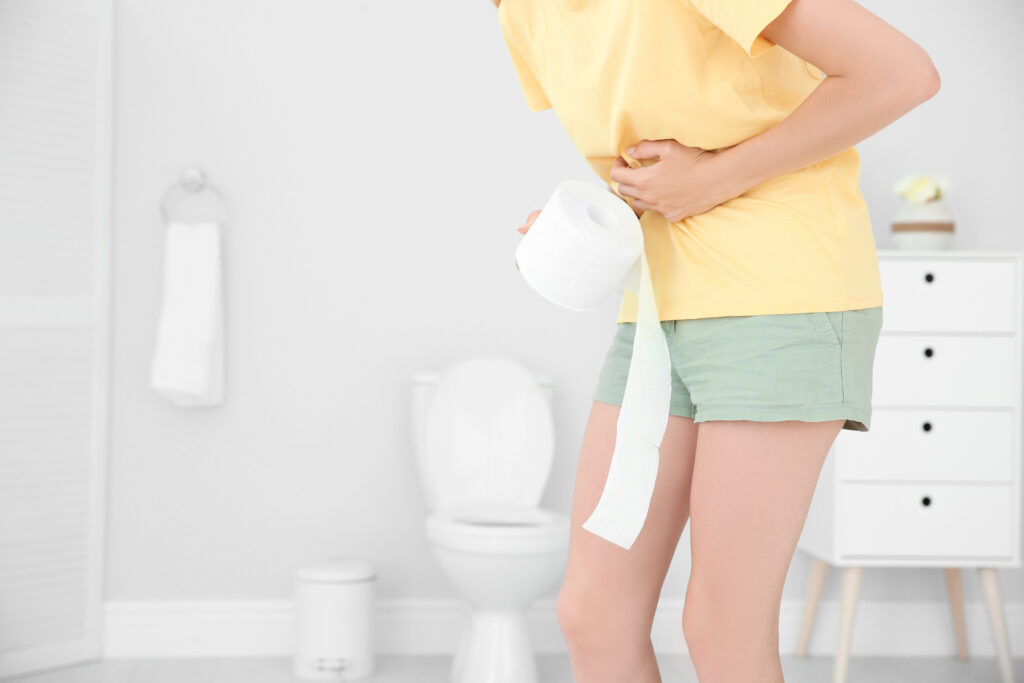
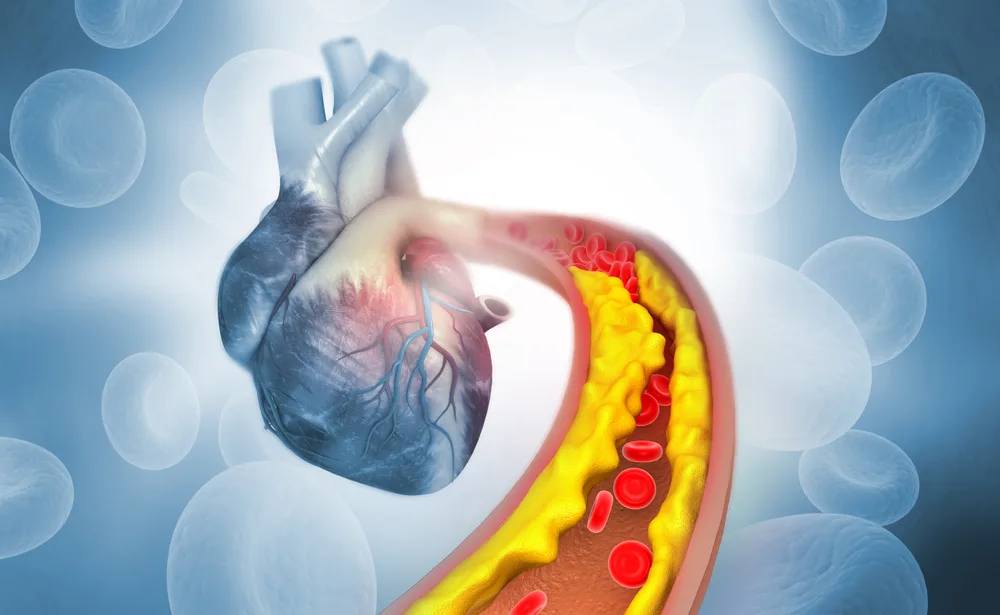



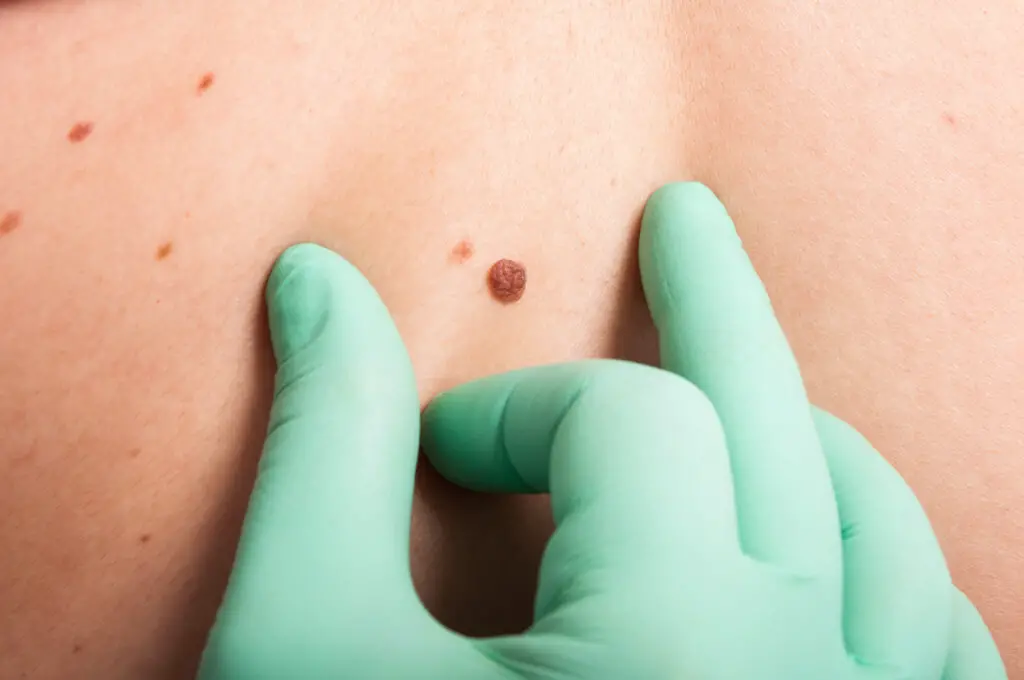
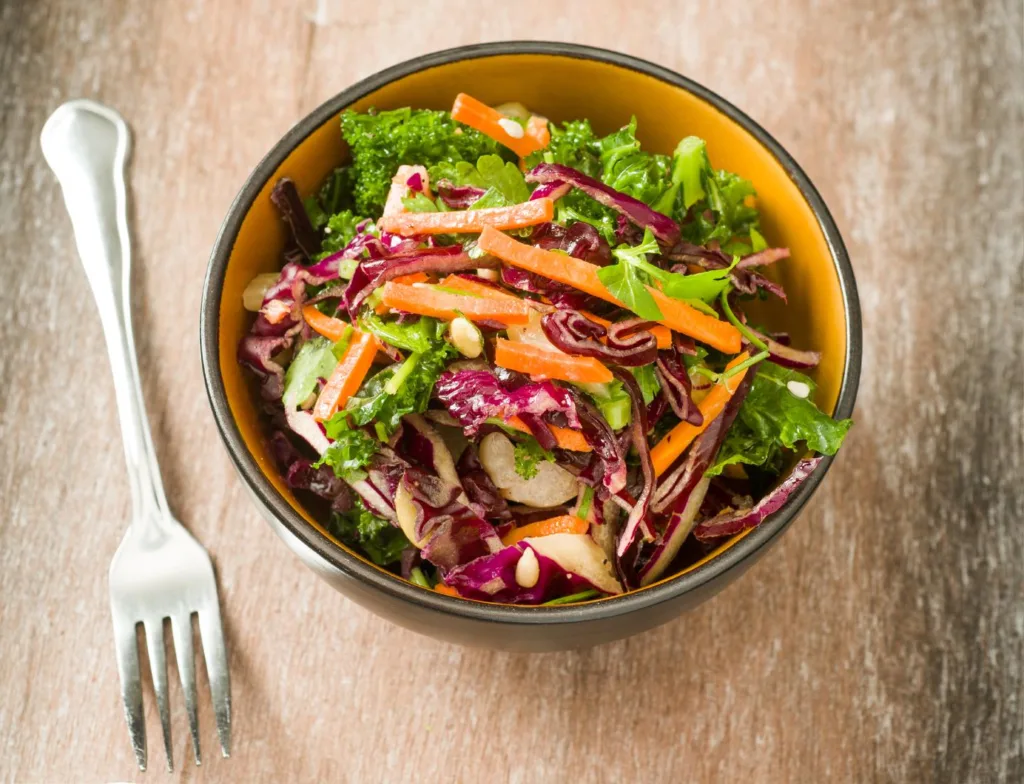

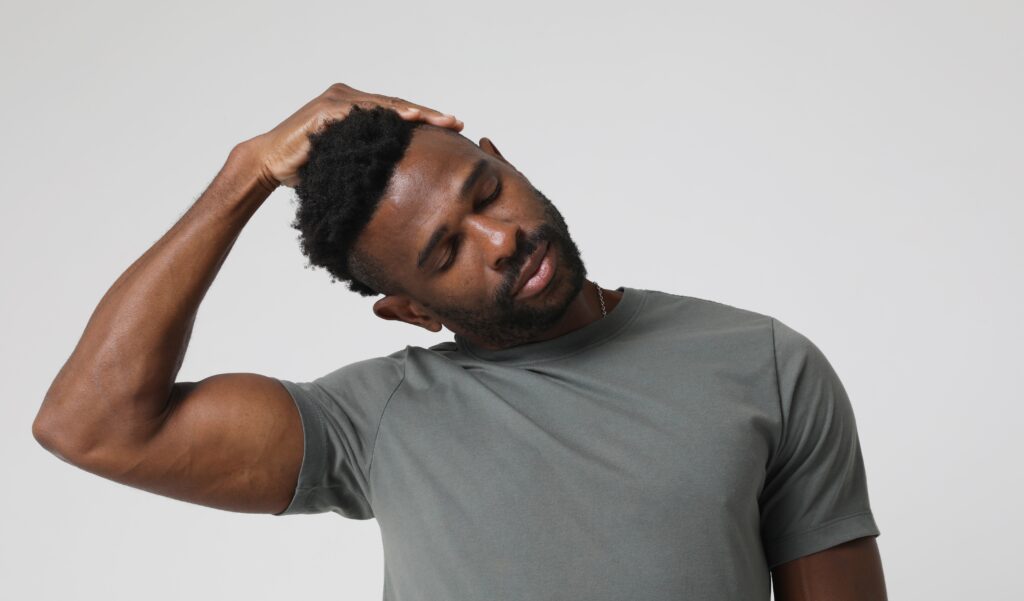

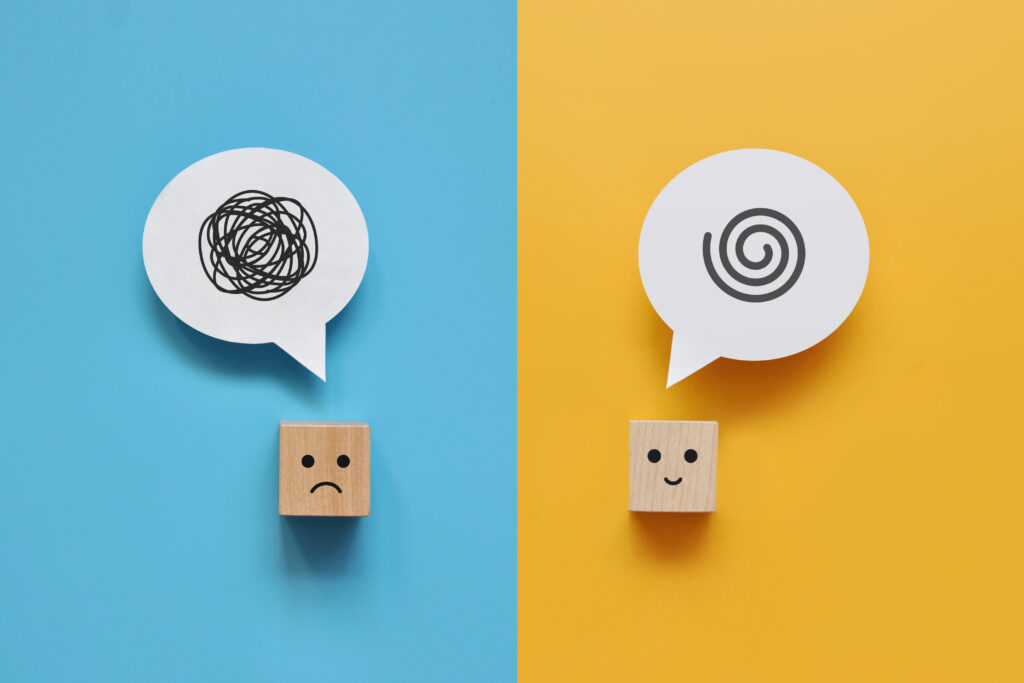

Comments
0